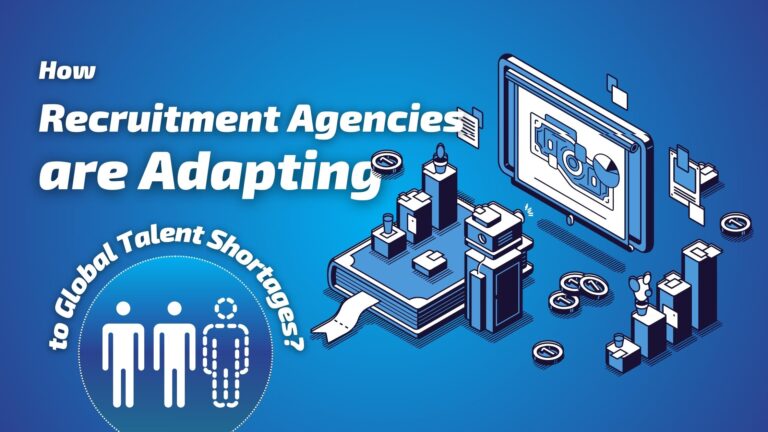Researched Talent mapping extensively it is a game-changer. Unlocked insights into optimizing team dynamics. Dive into my findings for a fresh perspective on strategic talent placement.
Let us navigate the intricacies of maximizing potential through precise role assignments. Uncover the untapped potential in your team with Talent Mapping it is more than just a strategy, it is a revelation. Ready to revolutionize your approach?
What is Talent Mapping?
Talent mapping is the process of identifying and developing the skills and knowledge of your employees. It involves understanding the needs of your organization and the skills of your workforce, and then developing a plan to ensure that you have the right people in the right roles.
Talent mapping can help you to improve your recruitment and retention efforts, and it can also help you to identify and develop high-potential employees. It is a valuable tool for any organization that wants to stay ahead of the competition and achieve its goals.
There are a number of different methods for talent mapping. Some of the most common include:
- Job analysis
- Competency modeling
- Succession planning
- Talent reviews
By using a combination of these methods, you can create a comprehensive talent map that will help you to identify and develop the skills of your employees.
Talent mapping is an ongoing process that should be continuously updated as your organization changes and evolves. By staying up-to-date on the skills of your employees, you can ensure that you have the right people in the right roles to help you achieve your goals.
Image Source: aihr.com
What is Talent Management?
Talent management is the process of attracting, developing, and retaining the best employees for an organization. It involves identifying the skills and competencies that are needed for success in a particular role, and then finding and Hiring agencies for Romania in Pakistan people who have those skills.
Management of Talent also includes providing employees with the training and development they need to improve their skills and competencies, and creating a work environment that is conducive to employee engagement and retention.
Talent management is essential for organizations that want to achieve their goals and objectives. A well-managed talent pool can help organizations to attract and retain top talent, improve employee productivity, and achieve a competitive advantage.
There are a number of different strategies that organizations can use to manage talent. Some of the most common include:
- Performance management
- Compensation and benefits
- Employee development
- Talent acquisition
- Succession planning
By implementing these strategies, organizations can create a talent management system that helps them to attract, develop, and retain the best employees for their organization.
The Importance of Talent Management
Talent management is important for a number of reasons. First, it helps organizations to attract and retain top talent. In today’s competitive job market, it is more important than ever to have a strong talent management strategy in place.
Second, talent management can help organizations to improve their performance. By identifying and developing the skills of their employees, organizations can increase their productivity and profitability. Third, talent management can help organizations to achieve their strategic goals.
By aligning their talent management practices with their business goals, organizations can ensure that they have the right people in place to execute their strategies.
Challenges in Talent Management
There are a number of challenges that can arise in talent management, including:
- Attracting and retaining top talent
- Developing and retaining a diverse workforce
- Managing employee turnover
- Providing employees with the training and development they need to succeed
- Aligning talent management with the company’s overall goals
These challenges can be overcome by implementing a strategic talent management plan that addresses the specific needs of the organization.
Image Source: edureka.co
Strategies for Effective Talent Management
There are a number of strategies that can be used to effectively manage talent in an organization. These include:
- Creating a talent management strategy that is aligned with the organization’s overall goals and objectives
- Developing a talent pipeline that identifies and develops high-potential employees
- Implementing a performance management system that rewards and motivates employees
- Providing opportunities for employees to learn and develop new skills
- Creating a work environment that is conducive to employee engagement and retention
By implementing these strategies, organizations can attract and retain top talent, develop their employees’ skills, and achieve their business goals.
How to Attract and Retain Top Talent
In today’s competitive job market, it is more important than ever to attract and retain top talent. Here are a few tips for doing just that:
- Offer competitive salaries and benefits.
- Create a positive and supportive work environment.
- Provide opportunities for professional development and growth.
- Empower employees to make decisions and take initiative.
- Recognize and reward employees for their contributions.
By following these tips, you can create a workplace that is attractive to top talent and help to ensure that your employees stay with your company for the long term.
Conclusion
In this article, we have discussed the importance of Talent Management Agency in Pakistan and the different methods for finding and recruiting the best candidates. We have also provided tips on how to attract and retain top talent. By following these tips, you can ensure that your organization has the talent it needs to succeed.
If you are interested in learning more about talent management, there are a number of resources available to you. You can find books, articles, and online courses on the topic. You can also attend conferences and workshops on talent management.
By investing in talent management, you can ensure that your organization has the people it needs to succeed. By attracting and retaining top talent, you can create a competitive advantage for your organization.
Tips for Employers: What is Talent Mapping? Methods for Finding Best Candidates




